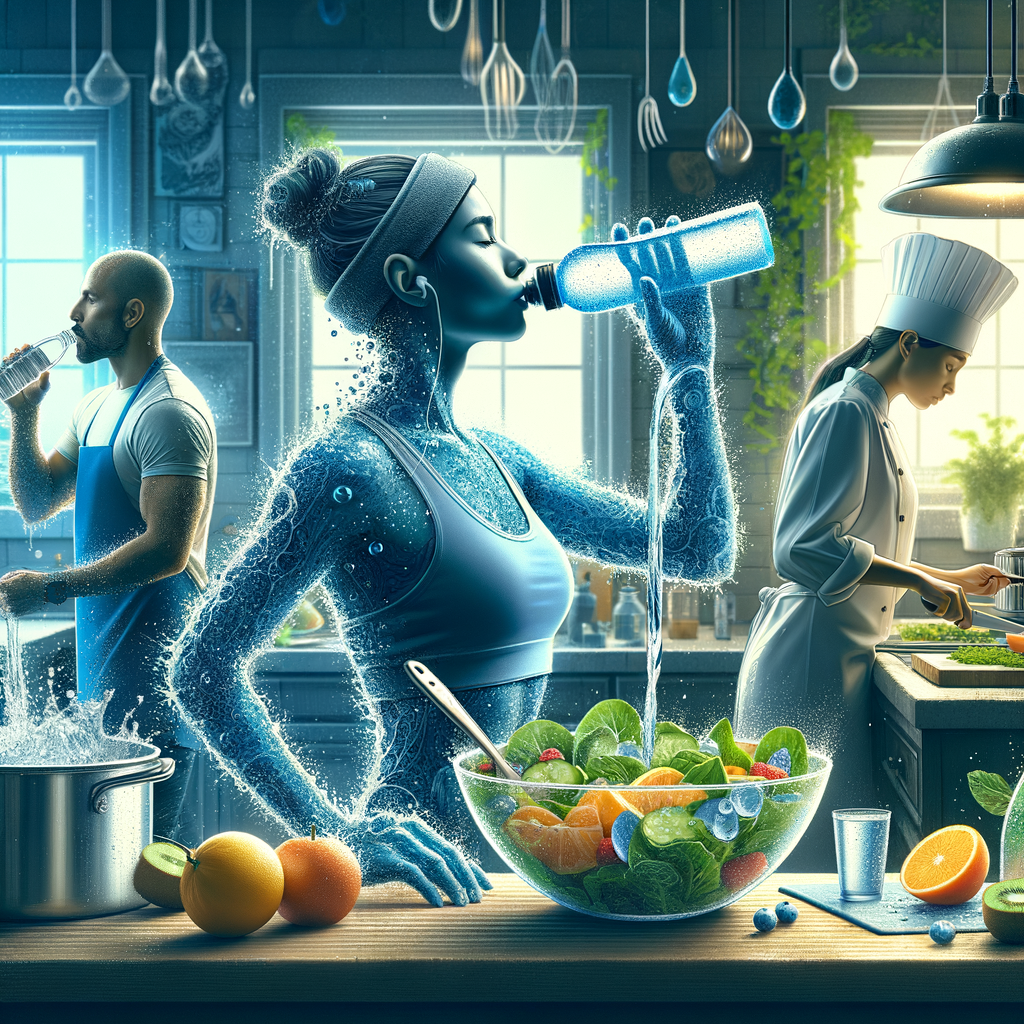How to Stay Hydrated Throughout the Day
The importance of hydration should not be underestimated, as maintaining the right level of fluids in your body is essential for optimal health and well-being. However, many individuals struggle with meeting their hydration needs throughout the day. This blog post will explore effective strategies to ensure you stay hydrated, the significance of water, and tips on integrating more fluids into your daily activities.
Understanding Hydration
Before diving into the tactics that can help enhance your hydration, it’s crucial to understand why hydration matters. Water accounts for approximately 60% of your body weight and plays a vital role in:
- Regulating body temperature
- Transporting nutrients to cells
- Maintaining joint lubrication
- Facilitating digestion and nutrient absorption
- Supporting physical performance
How Much Water Do You Need?
The specific amount of water required varies based on several factors, including age, sex, physical activity level, and climate. However, a general guideline is to aim for:
- About 3.7 liters (or 13 cups) for men
- About 2.7 liters (or 9 cups) for women
These figures account for total daily fluid intake, including everything consumed, such as beverages and food with high water content. As you can see, achieving adequate hydration is not solely about drinking plain water.
Practical Tips to Stay Hydrated
Now, let’s delve into some practical strategies that can help you stay hydrated consistently throughout the day:
1. Start Your Day with Water
Make it a habit to drink a glass of water first thing in the morning. This will kickstart your hydration and prepare your body for the day ahead.
2. Carry a Water Bottle
Invest in a reusable water bottle and keep it with you at all times. Having water readily available makes it easier to sip throughout the day. Aim to refill it at least two to three times daily.
3. Set Reminders
Use your smartphone or computer to set reminders to drink water at regular intervals. Notifications can help you develop a consistent hydration routine.
4. Infuse Your Water
If plain water seems bland, consider adding natural flavors. Cucumber, lemon, mint, or berries can make hydration more enjoyable and refreshing.
5. Consume Hydrating Foods
Incorporate foods that are high in water content into your diet. Some excellent options include:
- Watermelon
- Cucumbers
- Strawberries
- Celery
- Oranges
6. Create a Hydration Schedule
Plan your water intake by setting specific goals for certain times of the day. For instance:
- Drink one glass of water during breakfast
- Have another glass during mid-morning break
- Refill your bottle at lunch, ensuring you drink at least two glasses
- Have a glass of water with your afternoon snack
- Conclude your day with a full glass at dinner
Common Myths About Hydration
As with many health topics, hydration is surrounded by myths and misconceptions. Here are a few commonly held beliefs debunked:
- Myth: You only need to drink when you are thirsty.
Fact: Thirst is not always a reliable indicator of hydration levels; therefore, it’s wise to drink even if you don’t feel thirsty. - Myth: All fluids are created equal.
Fact: While all fluids contribute to hydration, water is the best option for effective hydration. - Myth: You need eight glasses of water a day, regardless of context.
Fact: Individual hydration needs vary; listen to your body and adjust accordingly.
Conclusion
Maintaining proper hydration is a cornerstone of health and well-being. By implementing these simple yet effective strategies, you can significantly enhance your daily fluid intake and ensure that you are providing your body with the hydration it needs to function optimally. Remember, being proactive and mindful about your hydration can lead to improved physical performance, better concentration, and overall health. So grab that water bottle and make hydration a priority!
There you have it… See what works for you…
Campbell M Gold
To Create Health, Wealth, Success, and Longevity through the Power of Your Subconscious Mind, Visit: Campbell M Gold.com
Visit The Store and see what else can be of help


Leave a Reply